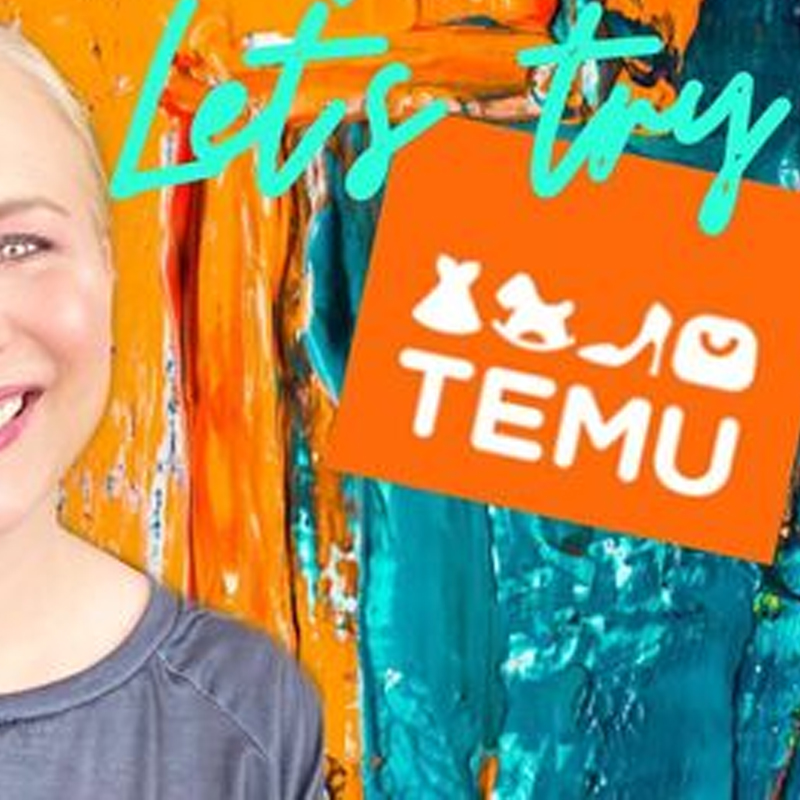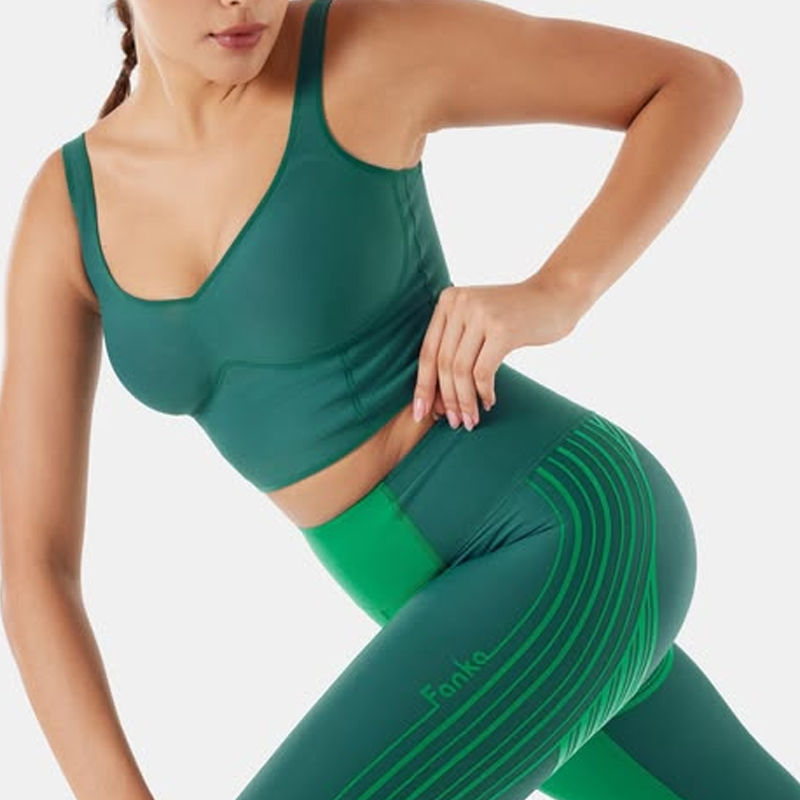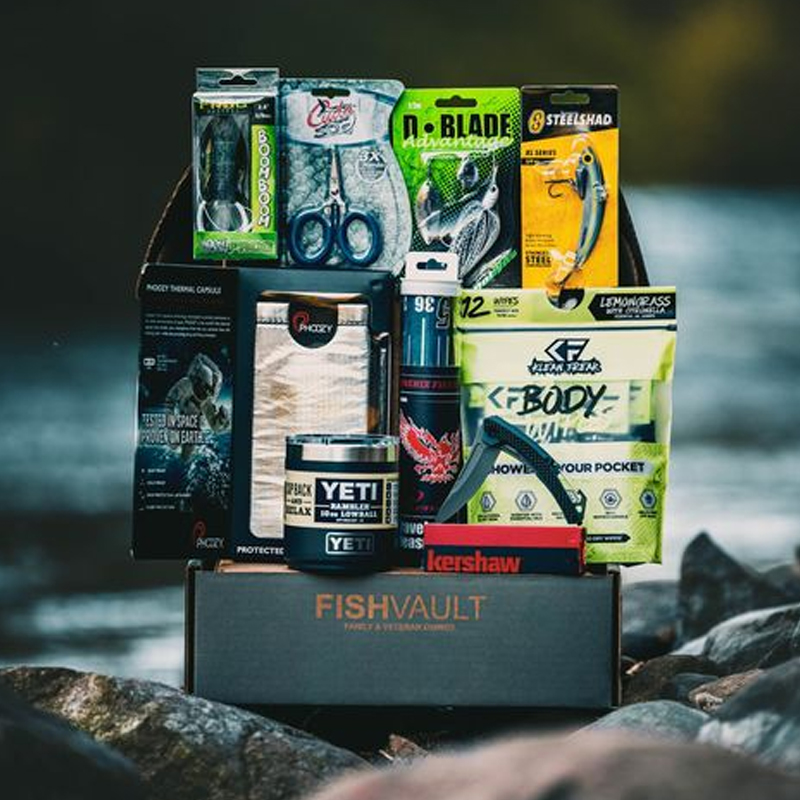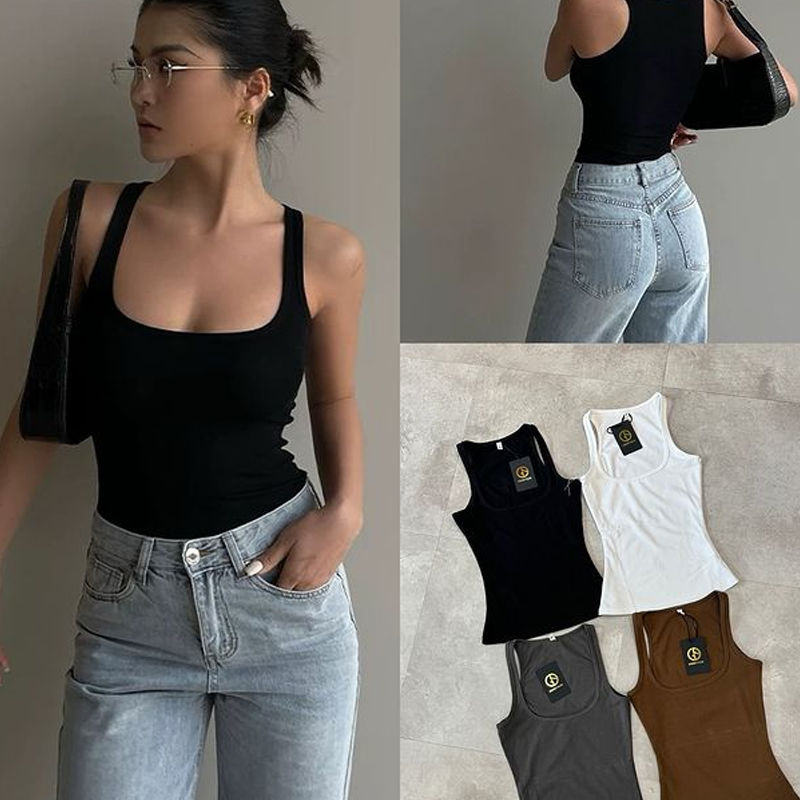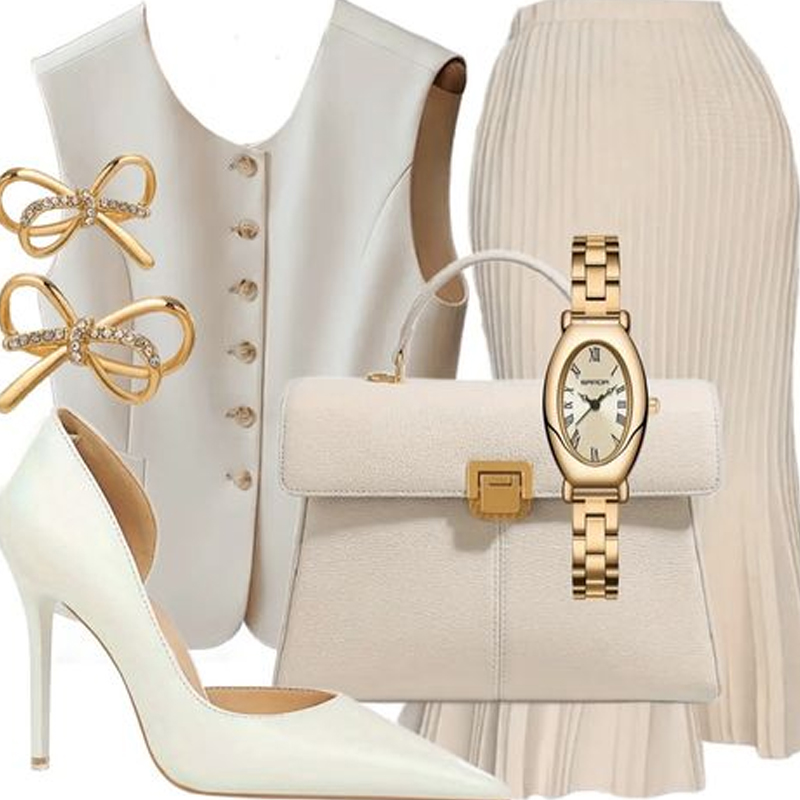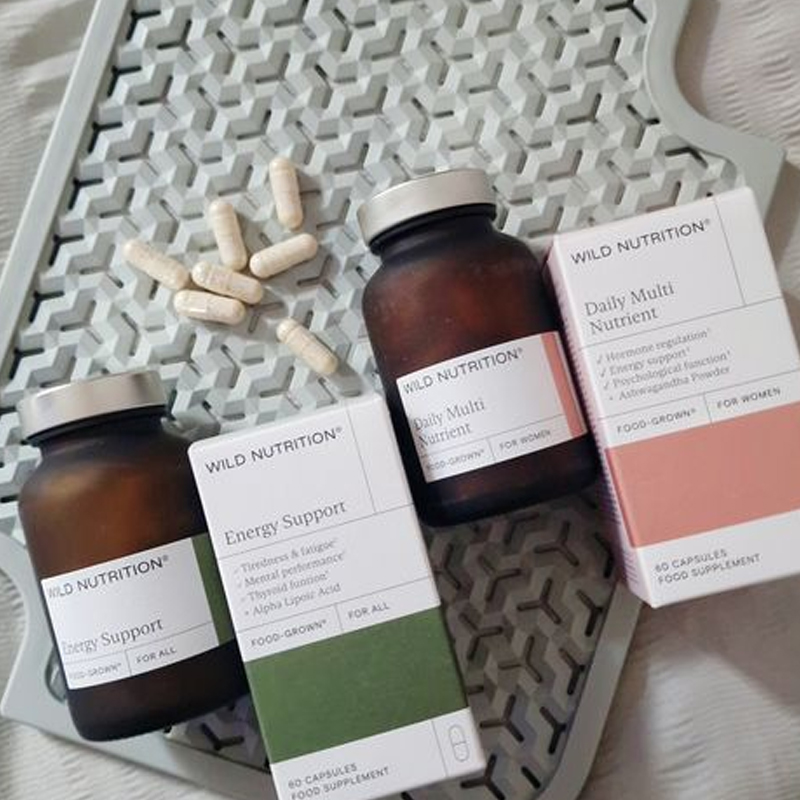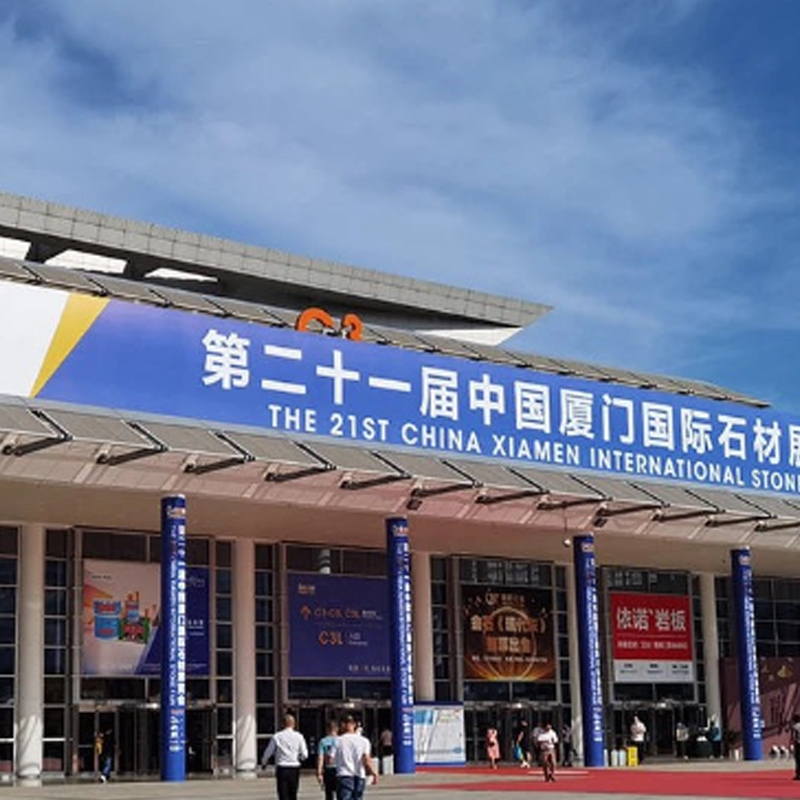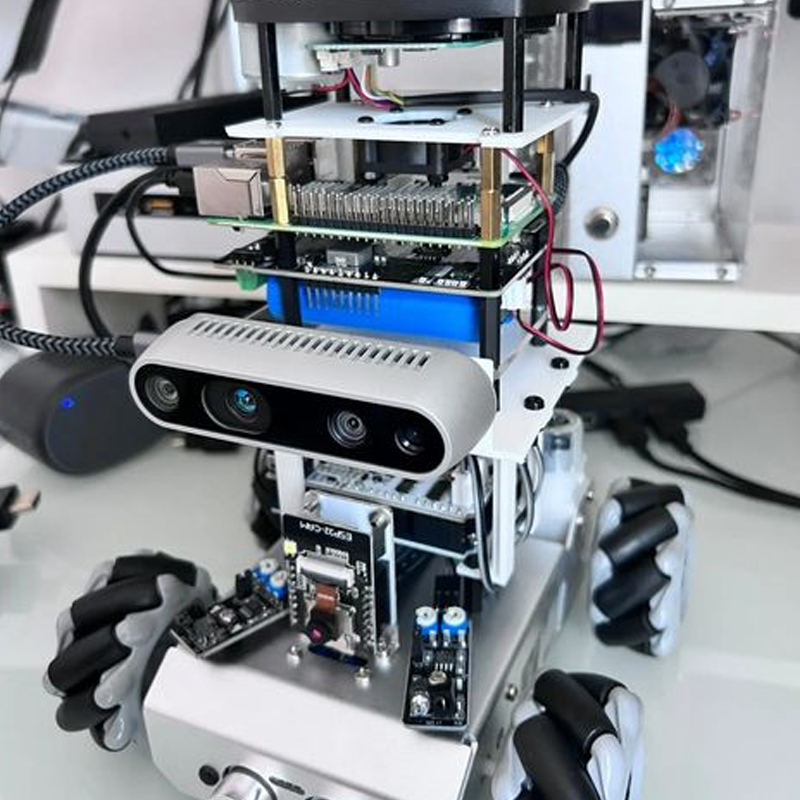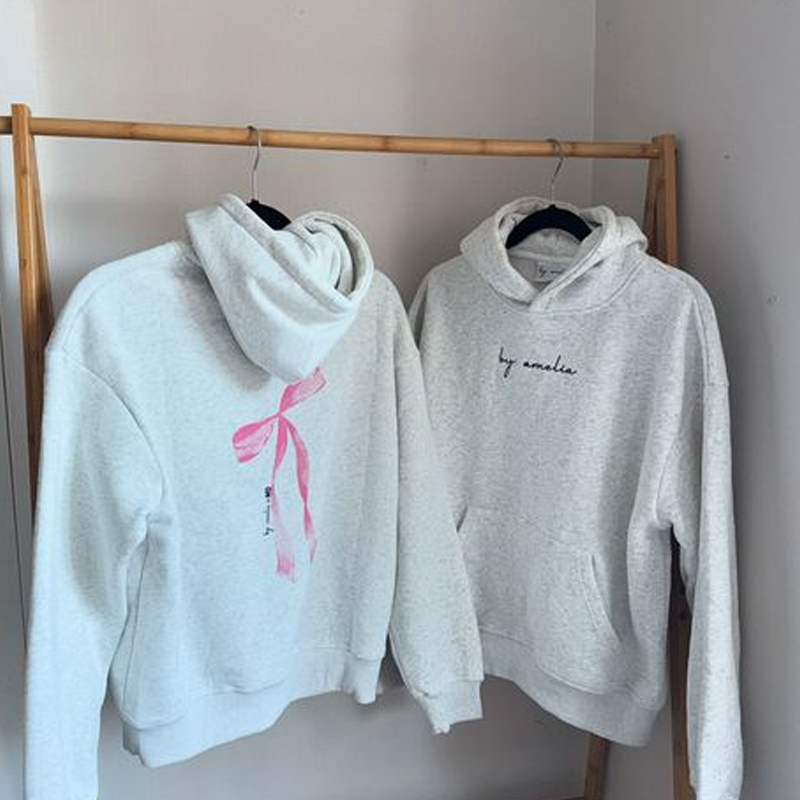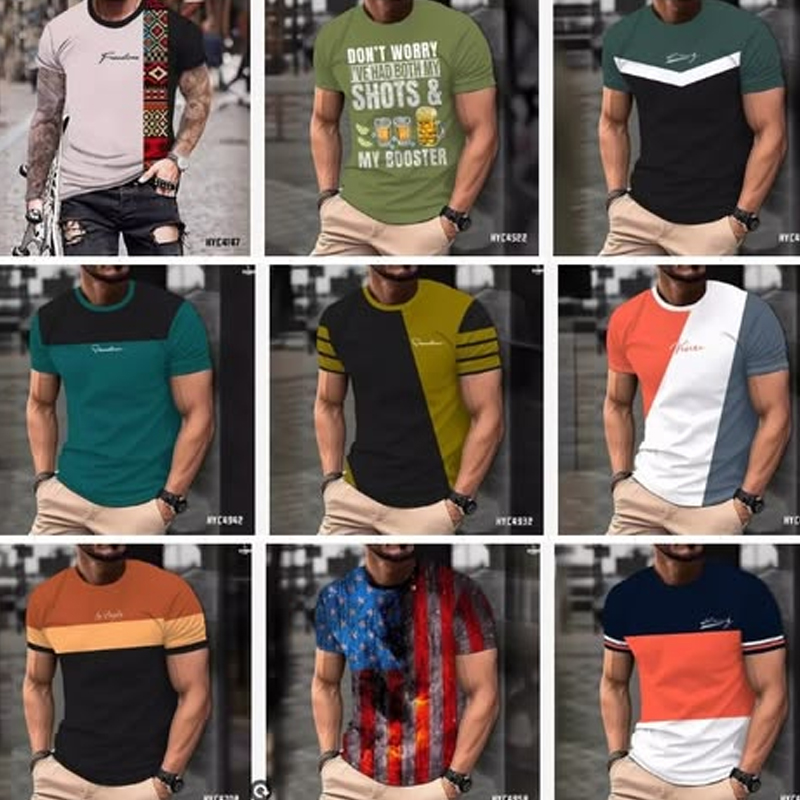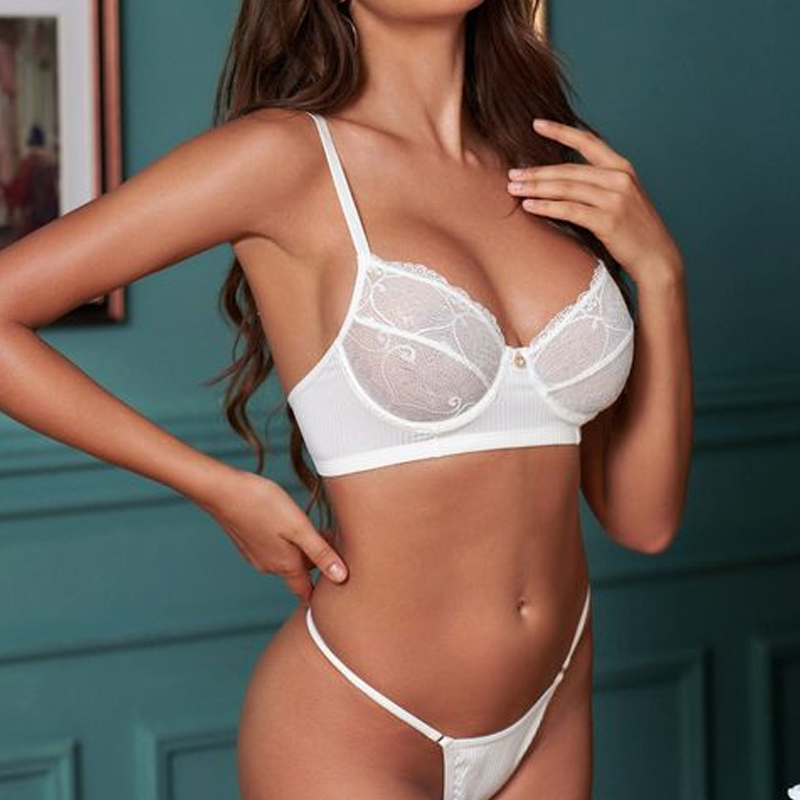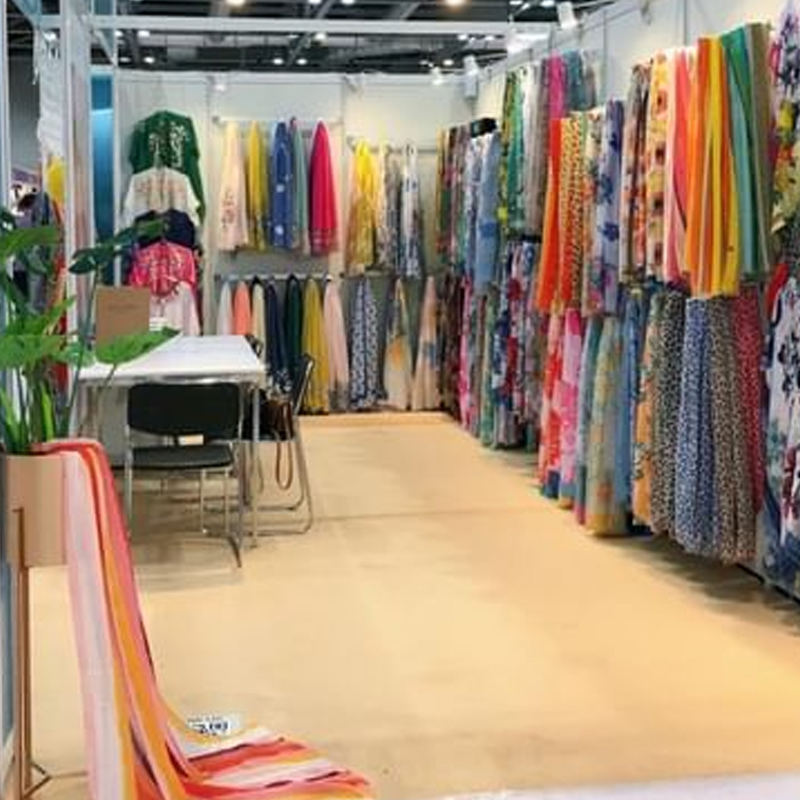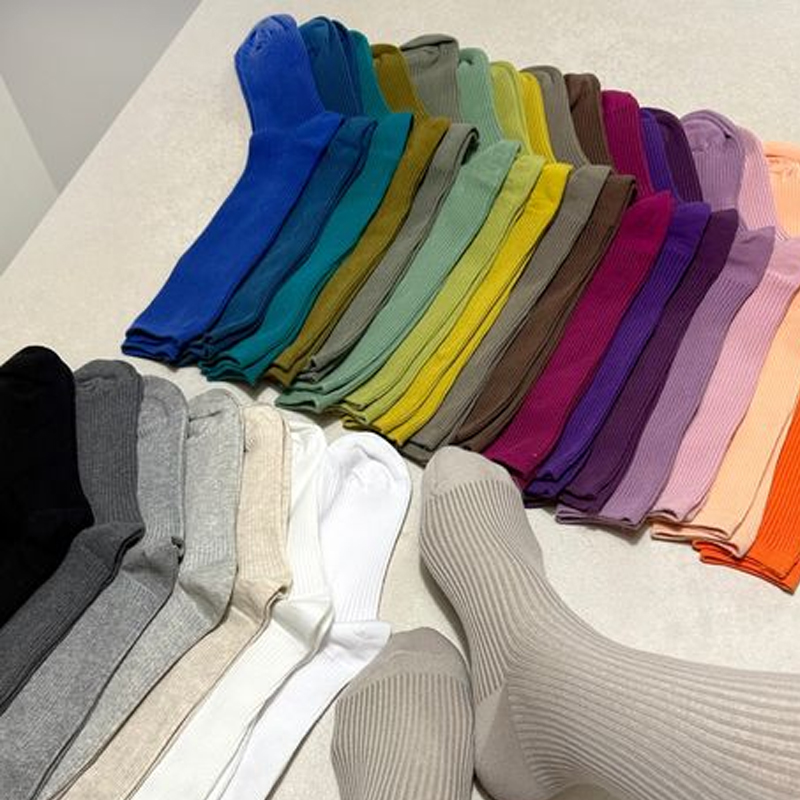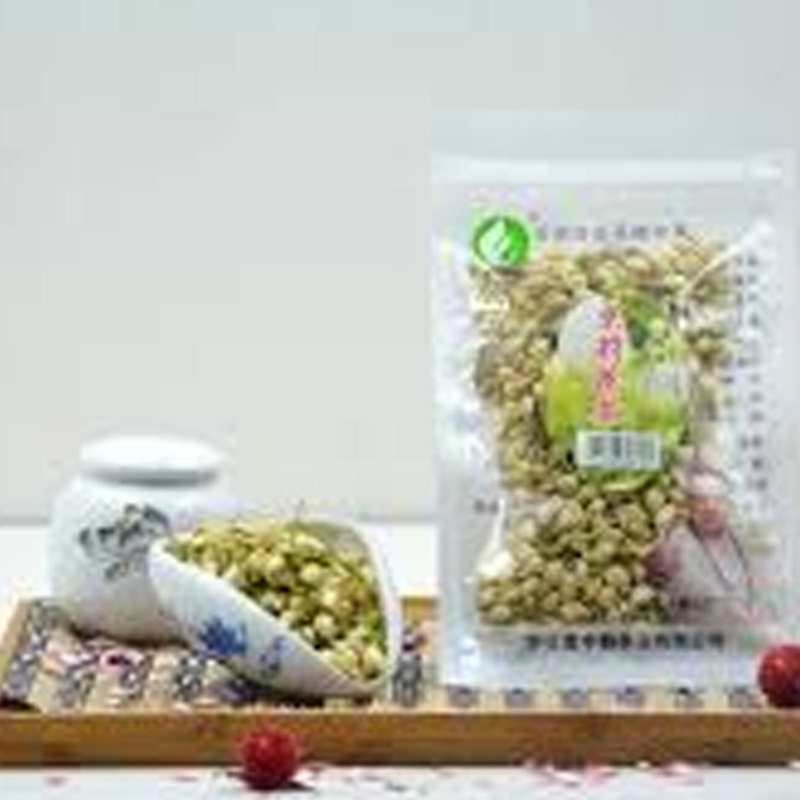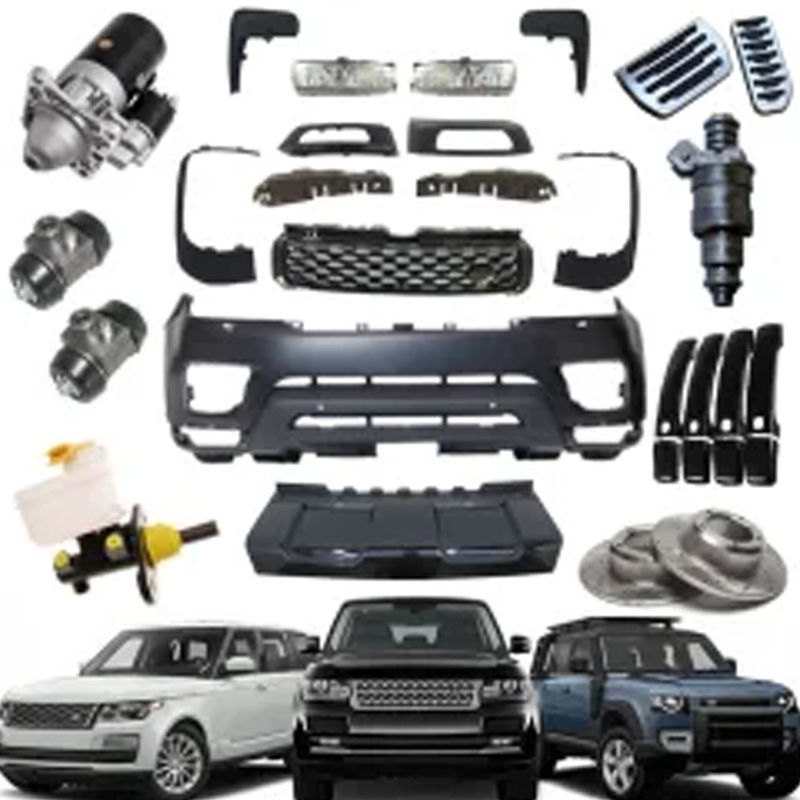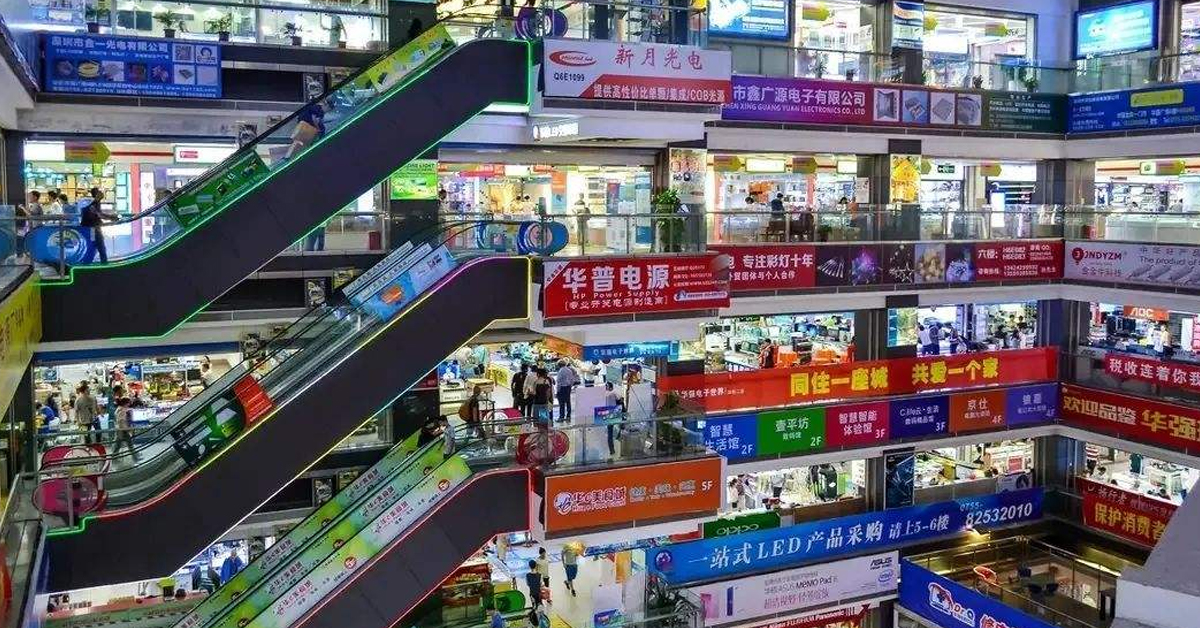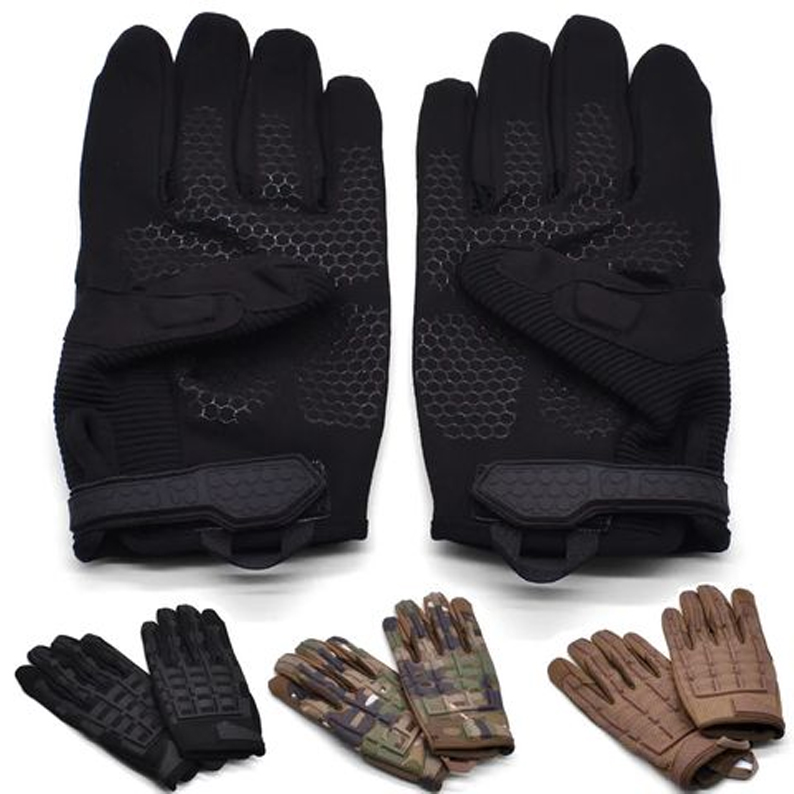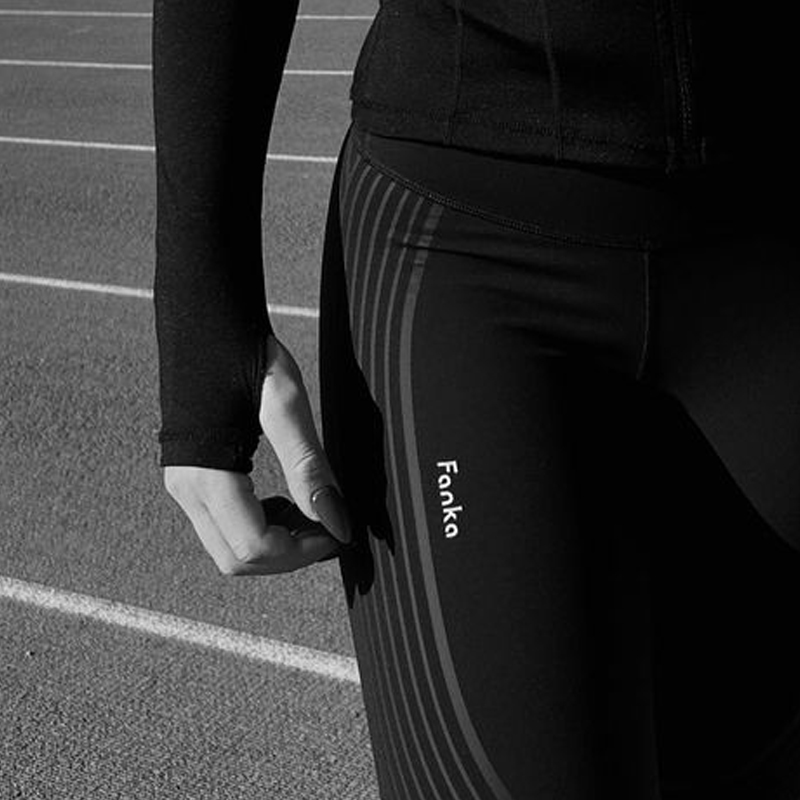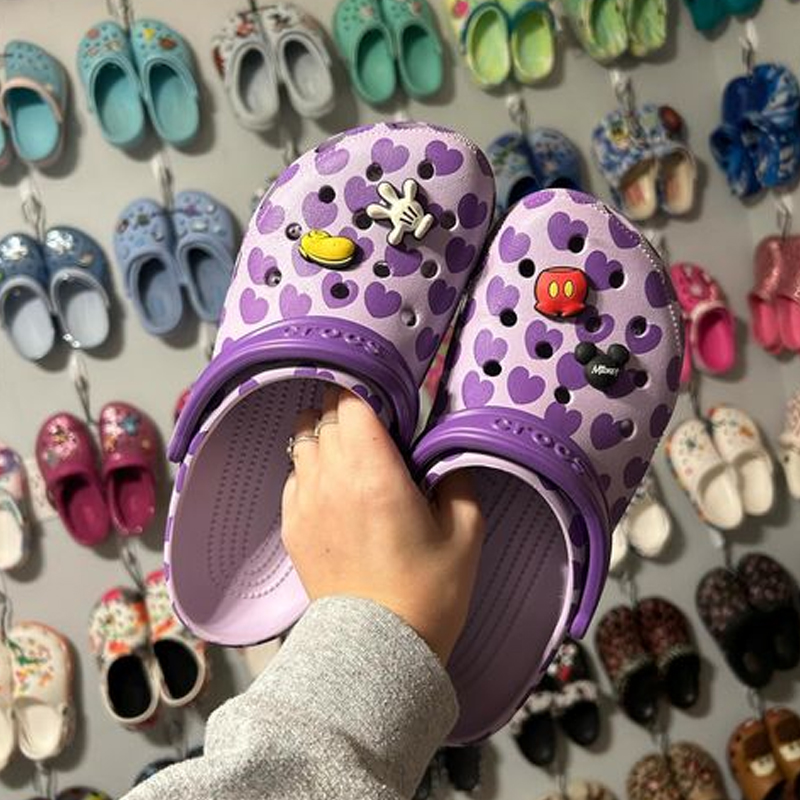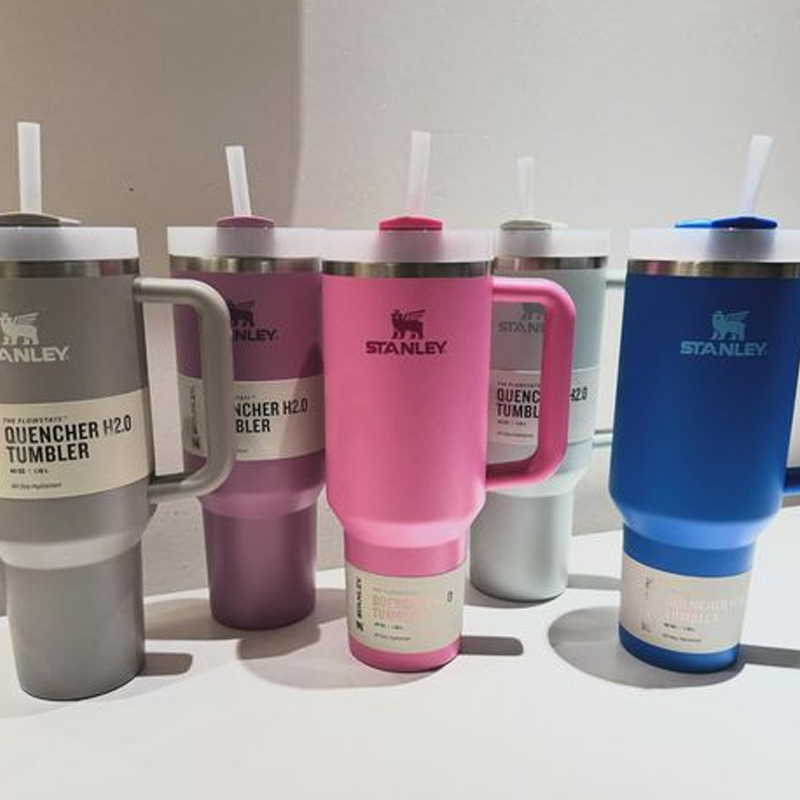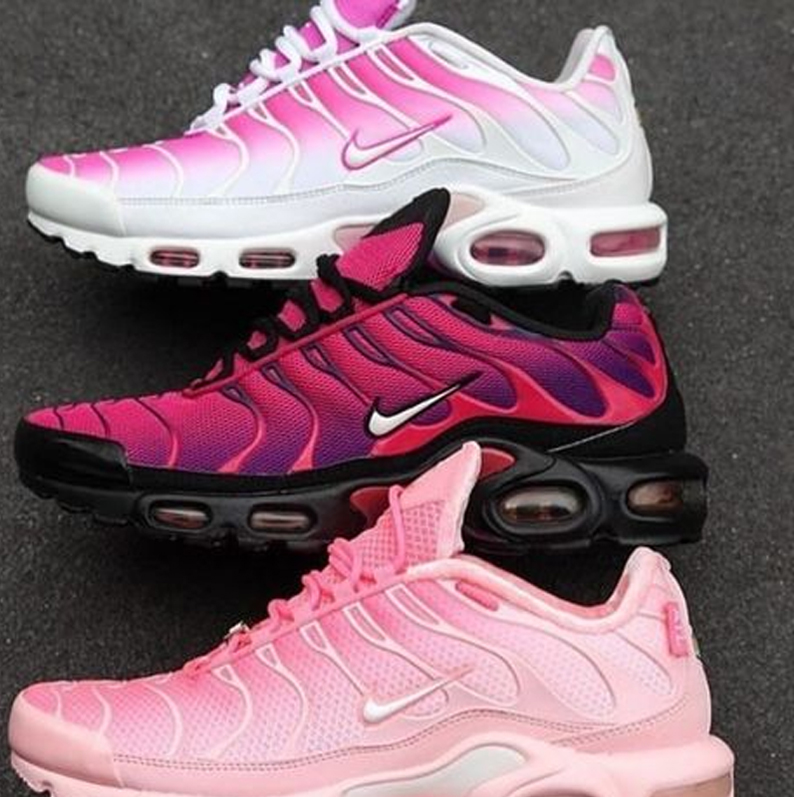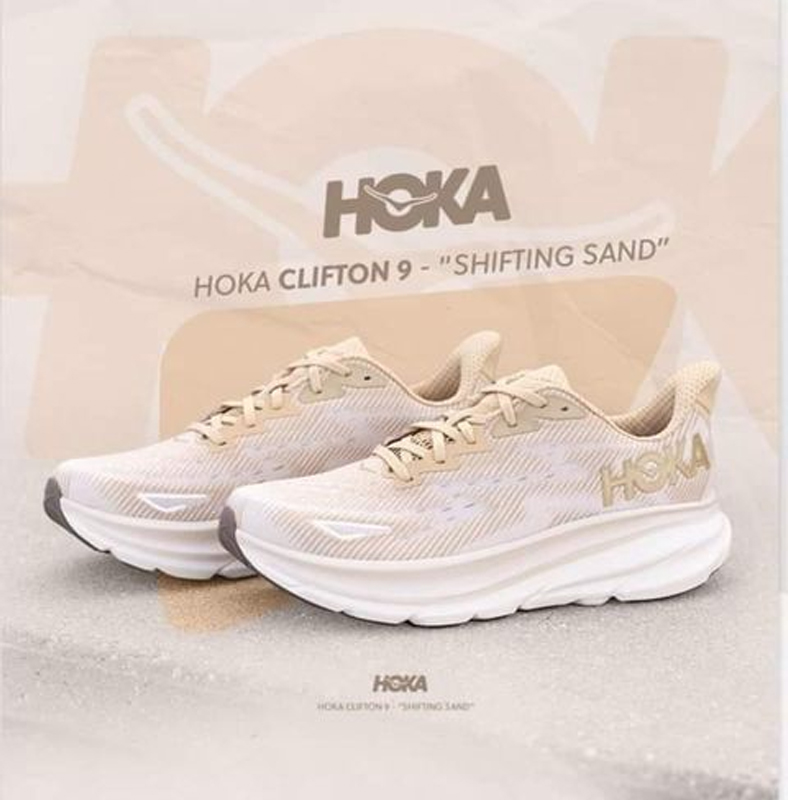In the ever-evolving world of children’s products, creating successful private label toys requires a perfect blend of creativity, safety, and market savvy. This comprehensive guide explores how toy manufacturers can craft winning products that captivate target demographics while adhering to strict quality assurance and safety standards. From durability testing to innovative packaging design, we’ll uncover the secrets to standing out in the competitive toy market. Whether you’re a seasoned pro or just starting out, this article is your roadmap to toy-making triumph.
The Building Blocks of Toy Manufacturing Success
Before diving into the specifics, let’s lay out the foundation for creating successful private label toys:
- Understanding market trends and target demographics
- Implementing rigorous safety standards and quality assurance
- Designing age-appropriate and engaging toys
- Creating compelling brand stories and packaging
- Leveraging educational value and play trends
Now, let’s explore each aspect in detail to help you craft toys that children will love and parents will trust.
How Do You Identify Your Target Demographics in the Toy Market?
Understanding your target audience is crucial in the toy industry. Different age groups have varying interests, abilities, and safety requirements. Start by conducting market research to identify gaps in the current offerings and opportunities for innovation.
Consider creating buyer personas that represent your ideal customers. These might include tech-savvy parents looking for STEM-focused toys, eco-conscious families seeking sustainable options, or grandparents searching for nostalgic playthings. By understanding your audience’s preferences and pain points, you can tailor your products to meet their specific needs.
Don’t forget to consider cultural differences and regional preferences, especially if you’re planning to sell internationally. What’s popular in one country might not resonate in another, so do your homework before expanding into new markets.
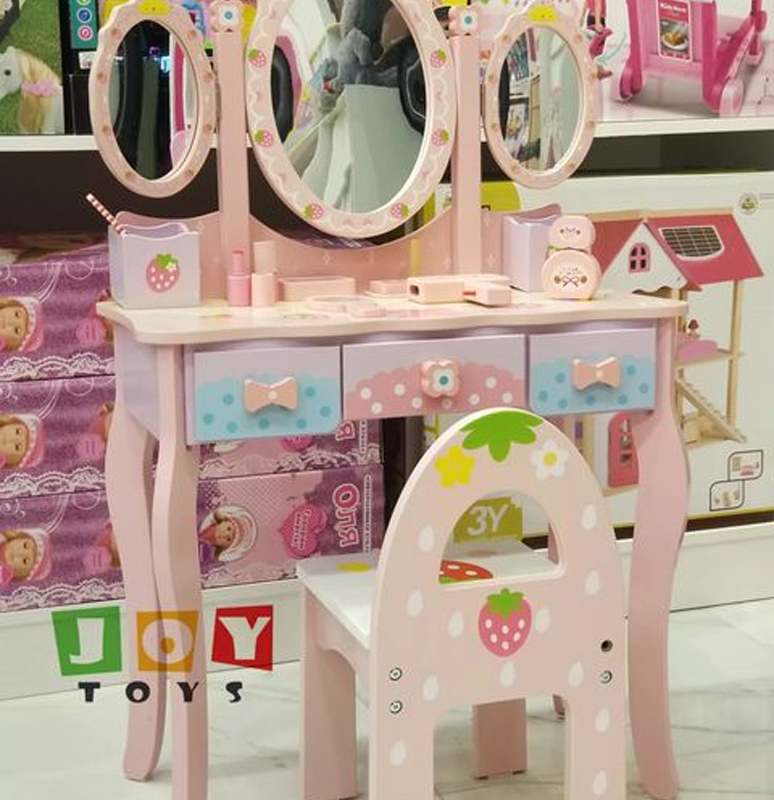
What Are the Key Safety Standards for Toy Manufacturing?
Safety should be your top priority when crafting private label toys. Familiarize yourself with international safety standards such as ASTM F963 in the United States and EN 71 in the European Union. These guidelines cover everything from chemical composition to physical and mechanical properties.
Here’s a quick overview of essential safety considerations:
| Safety Aspect | Key Considerations |
|---|---|
| Materials | Use non-toxic materials, avoid small parts for young children |
| Design | Eliminate sharp edges, choking hazards, and entrapment risks |
| Testing | Conduct regular durability testing and chemical analysis |
| Labeling | Include clear age recommendations and safety warnings |
Remember, safety standards are continually evolving. Stay up-to-date with the latest regulations and be prepared to adapt your products accordingly.
How Can You Ensure Quality Assurance in Toy Production?
Quality assurance goes hand in hand with safety standards. Implement a comprehensive quality control process that covers every stage of production, from raw material selection to final packaging. Here are some key steps:
- Supplier Vetting: Choose reliable suppliers with a track record of providing high-quality, safe materials.
- In-Process Inspections: Conduct regular checks during manufacturing to catch and correct issues early.
- Durability Testing: Subject your toys to rigorous tests that simulate real-world use and abuse.
- Third-Party Testing: Partner with accredited laboratories for independent safety and quality verification.
- Customer Feedback: Actively seek and respond to customer reviews to continuously improve your products.
By maintaining stringent quality control, you’ll not only ensure safer toys but also build a reputation for reliability that can set your brand apart in a crowded market.
What Makes a Toy Design Age-Appropriate and Engaging?
Creating age-appropriate toys requires a deep understanding of child development stages. Infants and toddlers benefit from sensory play elements that stimulate their senses, while older children might engage more with complex problem-solving toys or creative kits.
Consider these factors when designing for different age groups:
- 0-12 months: Focus on safe, soft toys with high-contrast colors and various textures.
- 1-3 years: Incorporate simple puzzles, stacking toys, and items that encourage gross motor skills.
- 3-5 years: Introduce role-play toys, basic board games, and arts and crafts materials.
- 6-12 years: Develop more complex games, STEM-focused kits, and toys that allow for creative expression.
Remember to clearly label your toys with appropriate age recommendations to help parents make informed choices and ensure children’s safety.
How Can You Incorporate Educational Value into Your Toys?
Educational toys are increasingly popular among parents who want to combine learning with play. To tap into this trend, consider partnering with child development experts or educators to design toys that support specific learning outcomes.
“Play is our brain’s favorite way of learning.” – Diane Ackerman
Here are some ways to infuse educational value into your toy designs:
- Develop STEM-focused toys that introduce basic science and math concepts
- Create language learning toys for both native speakers and second language learners
- Design toys that promote social-emotional skills like empathy and cooperation
- Incorporate elements of financial literacy or environmental awareness into play scenarios
Don’t forget to highlight the educational benefits in your marketing materials and packaging to appeal to education-conscious parents and caregivers.
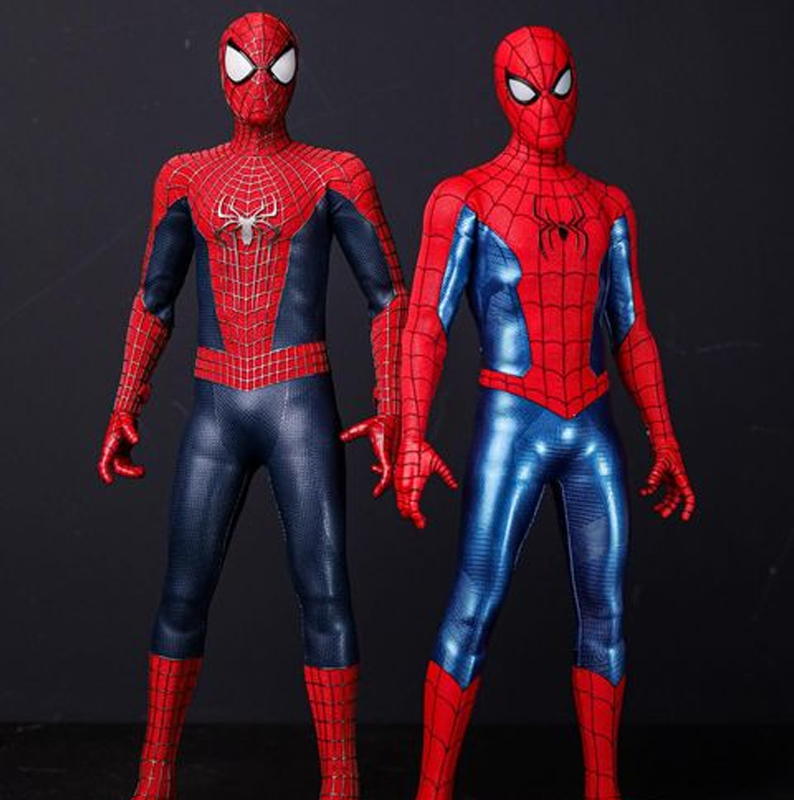
What Role Does Packaging Design Play in Toy Marketing?
Packaging is often the first point of contact between your toy and potential customers. It needs to be eye-catching, informative, and align with your brand story. Here are some packaging design considerations:
- Visual Appeal: Use bright colors and engaging graphics that stand out on store shelves or in online listings.
- Transparency: Consider packaging that allows customers to see or interact with the toy, where appropriate.
- Eco-Friendly Options: Use recyclable or biodegradable materials to appeal to environmentally conscious consumers.
- Frustration-Free Packaging: Design packaging that’s easy to open and reduces waste, improving the customer experience.
- Information Display: Clearly show age recommendations, safety information, and key features of the toy.
Remember, your packaging should not only protect the product but also serve as a powerful marketing tool that communicates your brand’s values and the toy’s benefits.
How Can You Leverage Brand Storytelling in the Toy Industry?
Brand storytelling is a powerful way to connect with customers emotionally and differentiate your toys in a crowded market. Your brand story should reflect your company’s values, mission, and the unique benefits your toys offer.
Consider these elements when crafting your brand narrative:
- Origin Story: Share how and why your toy company started.
- Values: Highlight your commitment to safety, education, or sustainability.
- Characters: Create mascots or recurring characters that children can relate to and grow with.
- Social Impact: Showcase any charitable initiatives or community involvement.
Use your brand story consistently across all touchpoints, from packaging and product design to marketing materials and social media campaigns. This cohesive narrative will help build brand loyalty and recognition.
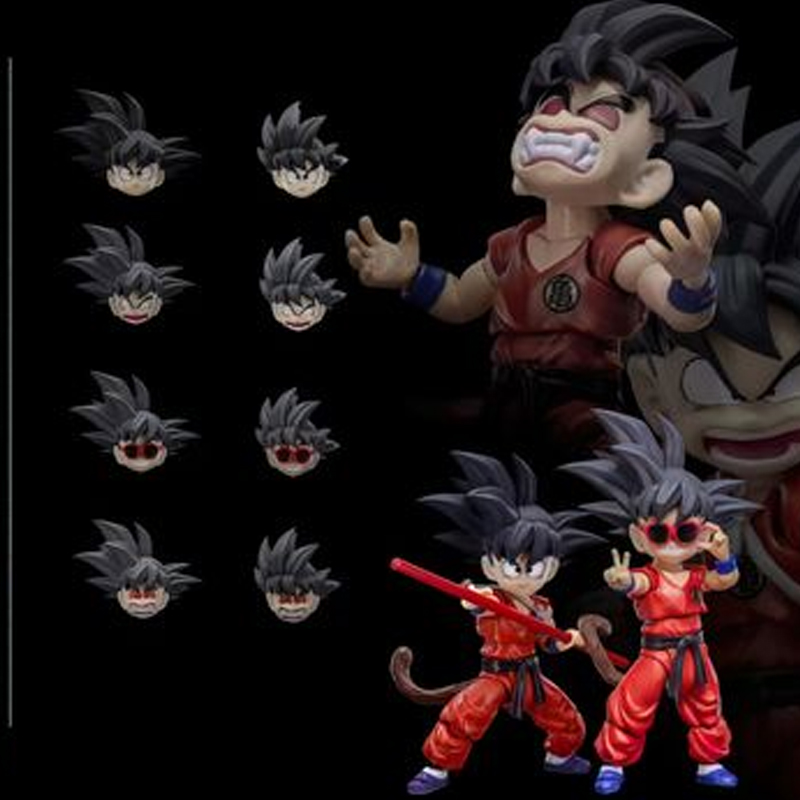
What Are the Current Play Trends Shaping the Toy Industry?
Staying on top of play trends is crucial for creating toys that resonate with today’s children and parents. Here are some current trends to consider:
- Tech Integration: Toys that blend physical play with digital experiences
- Sustainability: Eco-friendly toys made from recycled or biodegradable materials
- Inclusivity: Toys that represent diverse cultures, abilities, and family structures
- Open-Ended Play: Toys that encourage creativity and can be used in multiple ways
- Multigenerational Appeal: Toys that bring families together for shared play experiences
Remember that trends can change quickly, so it’s important to balance trendiness with timeless play value to create toys with lasting appeal.
How Do You Effectively Market and Sell Private Label Toys?
Marketing private label toys requires a multi-faceted approach that leverages both traditional and digital channels. Here are some strategies to consider:
- E-commerce Integration: Optimize your product listings for online marketplaces and your own website.
- Social Media Campaigns: Use platforms like Instagram and TikTok to showcase your toys in action.
- Influencer Partnerships: Collaborate with parenting influencers for product demonstrations and reviews.
- Content Marketing: Create child development content that positions your brand as an authority in the toy industry.
- Seasonal Collections: Develop themed toy lines that align with holidays and special occasions.
- Educational Partnerships: Team up with schools or educational organizations to promote your learning-focused toys.
Don’t forget to implement robust inventory tracking systems to ensure you can meet demand, especially during peak shopping seasons.
Sourcing Smart: Partnering with Chinese Factories for Toy Manufacturing
For many toy manufacturers, partnering with Chinese factories can be a smart way to produce high-quality toys at competitive prices. China’s toy manufacturing industry is known for its expertise, efficiency, and ability to handle large-scale production.
If you’re considering working with Chinese suppliers for your private label toys, here are some benefits to keep in mind:
- Access to a wide range of manufacturing capabilities and technologies
- Potential for cost savings on production and materials
- Established infrastructure for international shipping and logistics
- Experience in adhering to international safety standards and regulations
However, navigating the complexities of international sourcing can be challenging. That’s where BuyFromChinaDirect comes in. Our team can help you source smarter, connecting you with reputable Chinese factories that specialize in toy manufacturing. We can assist with everything from initial supplier vetting to quality control and shipping logistics, ensuring that your private label toys meet your standards and reach your customers efficiently.
By leveraging our expertise and connections in the Chinese manufacturing sector, you can focus on what you do best – designing innovative, engaging toys that children will love. Contact BuyFromChinaDirect today to explore how we can support your toy manufacturing journey and help you play your way to success in the competitive world of private label toys.

